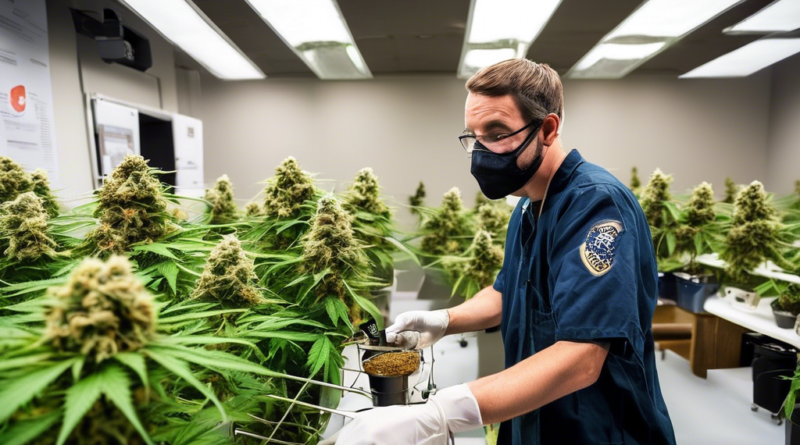Massachusetts Cannabis Industry Faces Economic and Regulatory Challenges Amid Rising Permit Relinquishments
Massachusetts, a pioneer in the legal cannabis industry, has recently seen a notable increase in relinquished cannabis business permits. The wave of surrendered licenses signifies underlying challenges within the industry, indicative of a significant economic shift. Businesses are grappling with various pressures as the industry matures and faces increased competition.
Cannabis Business Dynamics
Over the past year, Massachusetts has observed an unsettling trend. Thirty cannabis business permits were surrendered, representing a steep rise from the mere sixteen rescinded over the five prior years. This upheaval largely stems from a complex interplay of high operational costs, declining wholesale prices, and stiff competition from nearby states, causing operators to rethink their business strategies.
The relinquished permits predominantly belonged to cultivation and manufacturing sectors, although retail outlets were not spared, comprising four of the thirty permits handed back. Businesses such as CommCan seek financial reprieve by consolidating licenses, thereby saving substantial amounts annually, like the $30,000 CommCan retained by merging its operations under a medical marijuana license.
Market Challenges and Strategies
The Massachusetts cannabis market currently faces saturation, with too many players chasing limited consumer revenue. This saturation has led to lowered pricing in an effort to remain competitive, substantially impacting profitability margins for cannabis businesses. Consequently, financial struggles have become pervasive, with numerous businesses unable to meet their financial obligations.
Furthermore, the regulatory landscape presents formidable challenges. The process is often deemed cumbersome and prohibitive, especially for social equity businesses. These entities, intended to receive benefits from the cannabis industry, face unique hurdles such as limited access to capital and prolonged regulatory timelines that exhaust financial resources before revenue can be generated.
As economic pressures mount, many in the industry anticipate further permit relinquishments if the situation does not improve. Nonetheless, optimism persists in some quarters, with over 700 approved cannabis permits still active as of October 2024. This indicates a potential for businesses to adapt and thrive, provided economic and regulatory burdens can be alleviated.
Operational adjustments have emerged as a tactic to weather these challenges. Businesses like CommCan are pivoting their operational focus, emphasizing wholesale and leveraging medical cannabis licenses to cut costs. These adaptive strategies hint at resilience within the industry and suggest potential pathways toward sustainability amidst mounting uncertainties.

